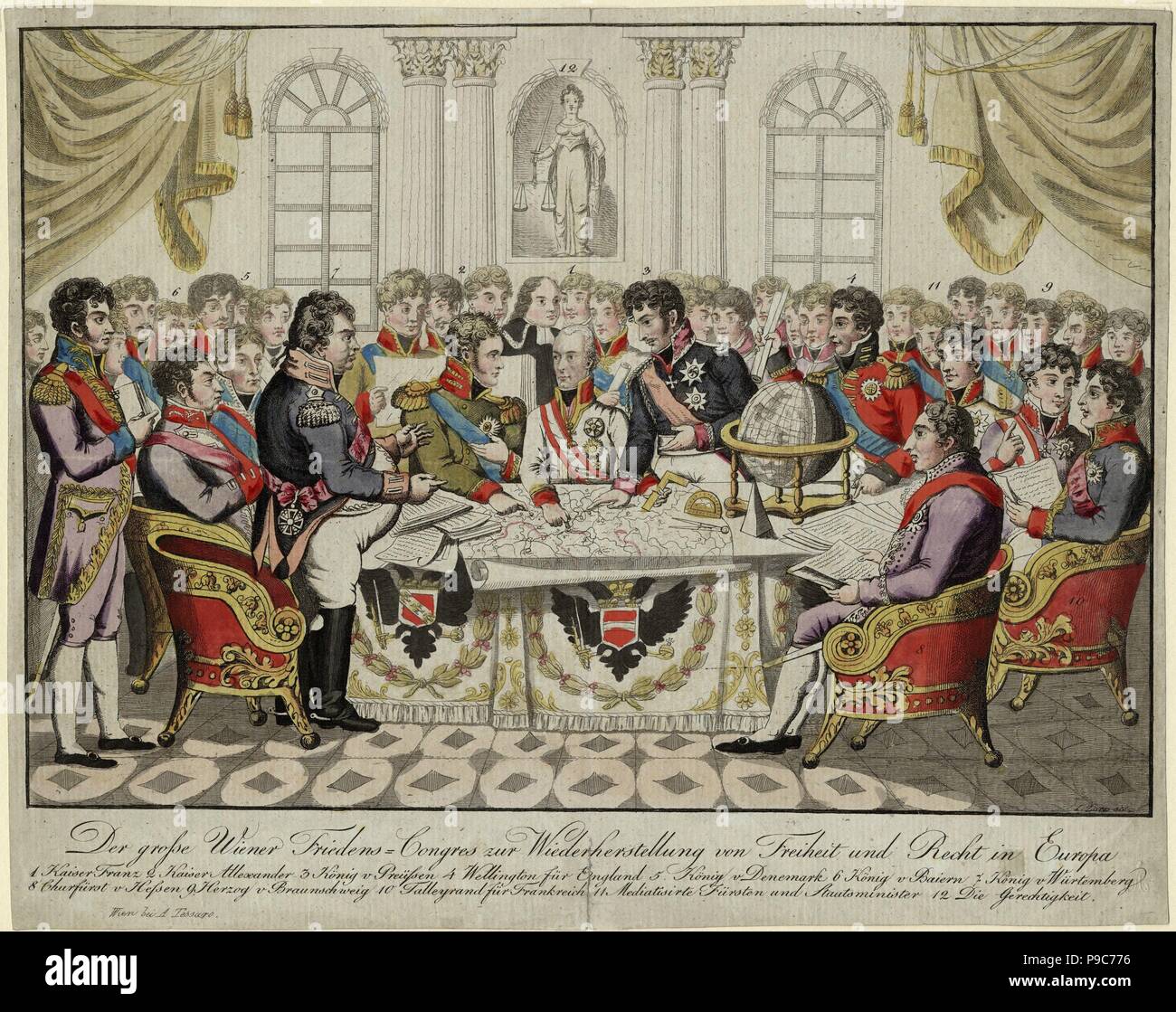

Negotiations continued despite the outbreak of fighting triggered by Napoleon's dramatic return from exile and resumption of power in France during the Hundred Days of March–July 1815. The immediate background was Napoleonic France's defeat and surrender in May 1814, which brought an end to twenty-five years of nearly continuous war. It served as a model for later organizations such as the League of Nations in 1919 and the United Nations in 1945.
#Congress of vienna italy 1830 series
The Congress of Vienna was the first of a series of international meetings that came to be known as the Concert of Europe, which was an attempt to forge a peaceful balance of power in Europe. He says the Congress of Vienna avoided them and instead set up rules that produced a stable and benign equilibrium. Historian Paul Schroeder argues that the old formulae for "balance of power" were in fact highly destabilizing and predatory.

The new Kingdom of the Netherlands had been created just months before, and included formerly Austrian territory that in 1830 became Belgium. Prussia added smaller German states in the west and 40% of the Kingdom of Saxony Austria gained Venice and much of northern Italy. France lost all its recent conquests, while Prussia, Austria and Russia made major territorial gains. The leaders were conservatives with little use for republicanism or revolution. The goal was not simply to restore old boundaries, but to resize the main powers so they could balance each other off and remain at peace.

The objective of the Congress was to provide a long-term peace plan for Europe by settling critical issues arising from the French Revolutionary Wars and the Napoleonic Wars. The Congress of Vienna was a conference of ambassadors of European states chaired by Austrian statesman Klemens Wenzel von Metternich, and held in Vienna from September 1814 to June 1815.


 0 kommentar(er)
0 kommentar(er)
